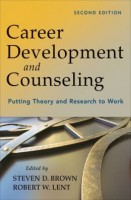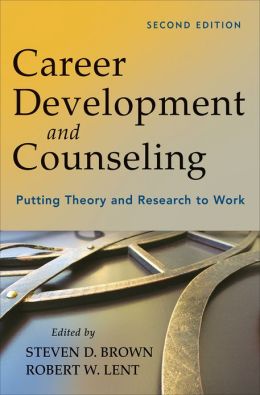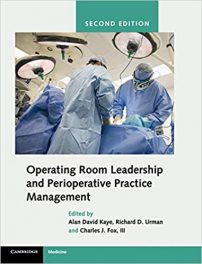 Editors: Steven D. Brown and Robert W. Lent
Editors: Steven D. Brown and Robert W. Lent
Publisher: John Wiley $ Sons – 708 pages
Book Review by: Paiso Jamakar
What is the role of a career or just work in general, in people’s lives? For most people, a career or any type of meaningful work is at the very center of their lives, providing money to live on, being the main focus (an activity or a set of activities) on a given day and, establishing a structure to the hours in the day, and for some, even being the very reason for their existence.
For others, work means some of the items we mention above; and for a smaller number of people, their work simply means an opportunity to earn a living.
These are some of the questions this book provides the answers to, based on empirical evidence, or findings from research, and tests of theories and hypotheses. Evidence obtained from research projects – or answers to specific questions on work in surveys, are the primary source of data on a host of questions used in this book, not mere opinions that have no support.
Thirty-eight contributors share in this book the results of their research on numerous topics in the form of articles spread into 23 articles organized around the four main sections of this book, which are:
- Major Theories of Career Development, Choice and Adjustment
- The Role of Diversity, Individual Differences, and Social Factors in Career Development, Choice and Adjustment
- Assessment and Occupational Information
- Counseling, Developmental, and Preventive Interventions
Some of the answers (based on findings of research studies) that this book provides are on important questions such as: what are some the reasons people work (note: it’s not just for money); what should people entering (or leaving) the world of work do, to prepare themselves for their next phase, so they will be happy, not miserable? How does work relate to their other roles in life?
The material on career development and counseling that that this volume presents to the reader pertains to:
- Foundational and evolving theories of work and career behavior
- Research on a host of work-related constructs
- Efforts to translate theory and research into practical efforts to translate theory and research into practical efforts to help people experience optimally satisfying and successful work lives
The editors remark that it may be silly to ask the question: “Why do people work?” because obviously the answer is “they need the money that work provides,” but researchers have discovered a set of recurrent responses from people in different walks of life that have nothing to do with the need for money.
So why do people work?
Below are the main motivations for work that researchers discovered from the responses they received:
- Work as need fulfillment.
- Work as an individual’s public identity
- Work as personal identity or self-construction
- Work as normative expectation, group identity and social contribution
Each chapter lays out a theory or a thesis and discusses it at length. Material is presented in the form of text, images and tables. Case examples are provided that shed insight on how solutions to problems were arrived at. At the chapter’s end are Conclusions and Practice Implications and long lists of References for further study.
This book is a valuable resource for students and practitioners in the important field of career development and counseling to better understand, investigate, and promote the role of work in people’s lives.”
Steven D. Brown, Ph.D. is a professor in the School of Education at Loyola University, Chicago. His research is focused on vocational psychology and applied psychological measurement.
Robert W. Lent, Ph.D. is a professor in the College of Education at the University of Maryland, College Park. His research is focused on career and academic development, counselor training and supervision, and psychological wellness.







